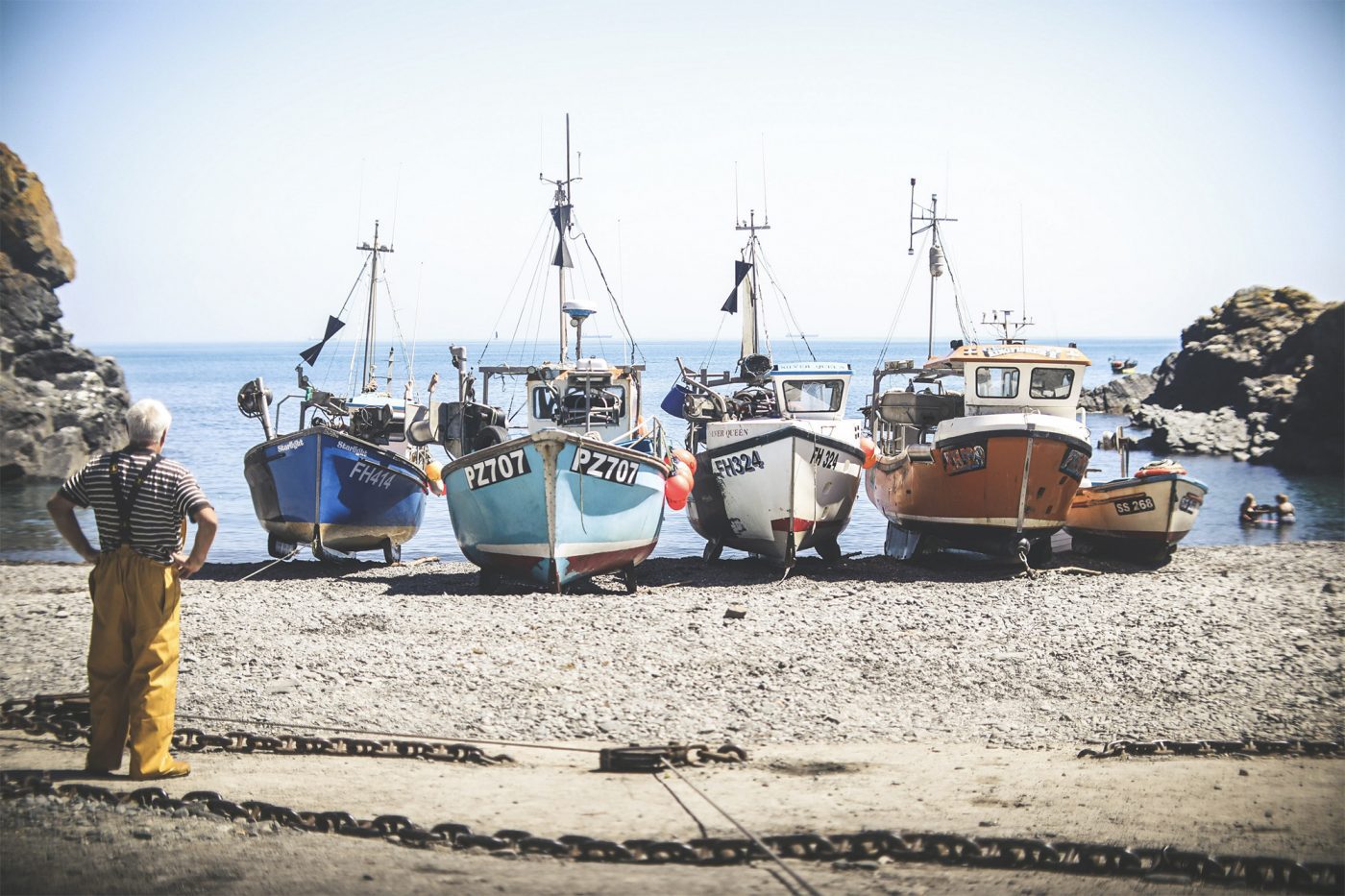11 January 2010
Council of Ministers, EU/Norway negotiations and internal government meetings where UK fisheries policy is formulated, are not covered by CCTV
It is worth noting at the outset of this article that the Council of Ministers, EU/Norway negotiations and internal government meetings where UK fisheries policy is formulated, are not covered by CCTV. It is accepted therefore that although this technology has its uses, there are limits to when and where it is appropriate to install it.
This is an important principle in light of the current debate on CCTV aboard fishing vessels.
The UK Fisheries Minister Huw Irranca-Davies has made plain that he is keen to make headway in reducing discards and along with the Danes and German administrations, wants to pilot “catch quotas”, where vessels undertake to land all that they catch of specific species, in return for additional quota. It is suggested that CCTV might be a way through which a vessel can document that it is in fact doing what it has agreed to do. On board inspectors is another way.
The fishing industry is naturally sensitive to the danger that this project could be a Trojan horse through which could lead to a Big Brother control tool installed aboard every fishing vessel. Apart from issues relating to who eventually would bear the installation and running costs of the equipment, CCTV implies a departure from a risk based approach that focuses enforcement and control on areas and vessels where there is a demonstrable problem.
On the other hand, there may be circumstances in which a fishing vessel, voluntarily participating in a catch quota project, might see CCTV as a cost effective alternative to having an inspector on board.
It is against this background that an NFFO delegation will be meeting Defra officials shortly to discuss the kind of safeguards (on both sides) that would allow catch quota projects to go ahead.
There is certainly a desperate need to find a way of reducing the type of discards that are generated by the inflexibility of the regulatory system itself. The scale of discarding of North Sea whiting because of the disjunction between the abundance of whiting on the UK east coast and the quota available to the vessels suggests that this could be a good place to start – if the right terms and conditions can be agreed.
The meeting has been preceded by a letter (reproduced below) that outlines the Federation’s concerns and aspirations on this issue:
“Catch Quota Discard Project: CCTV
Our Executive Committee has now had the opportunity to discuss the contents of your email of 2nd November which describes the above project.
We are completely behind efforts to build initiatives that reduce discards through practical pilot projects that provide the right kind of incentives to encourage positive fishing patterns and behaviours.
Likewise, we understand and acknowledge that if the fishing industry is to move beyond the present micro-management systems, it will have to take on responsibility not only for the design and implementation of sustainable fishing plans and projects but for documenting its activities in ways that that can be subsequently audited.
In this context, observers at sea may have an important role and given that trained observers are scarce and expensive, it is possible that CCTV systems in some circumstances might offer a cost-effective way to provide the necessary documentation.
The introduction of CCTV onto fishing vessels is not, however, a step that should be taken lightly. Fishing vessels are living spaces as well as work platforms and it would be a complete anathema to us for a potentially intrusive control and monitoring technology to be applied to the industry against its will, whether that will is expressed on a collective or individual basis.
Our greatest fear is that this project could act as a Trojan horse for the application of CCTV cameras aboard fishing vessels on a mandatory basis. It is no accident that it was the German representatives on the North Sea RAC, when this project was discussed, that objected most strenuously to the suggestion of this technology aboard fishing vessels, in light of that country’s unhappy history.
Against this background, before we could consent to support and participate in this project, we would require a number of important safeguards and written assurances. These would relate to the voluntary character of the scheme, the level and type of incentives provided, the issue of who would have access to the CCTV tapes and their ownership, and the positioning and operation of the cameras. As a matter of principle we believe that ownership of CCTV recordings should remain with the vessel. We would also like to have a better understanding of how this project fits into the wider picture of fisheries management and CFP reform.
We might seem unnecessarily cautious given the benign aims and objectives of this particular project but we can see where, without proper checks and balances, the application of CCTV could lead, and are determined not to allow this to happen.
In short, we would be very happy to meet with you and your colleagues to discuss the details of this project but could not provide our a priori support until that meeting takes place.”

